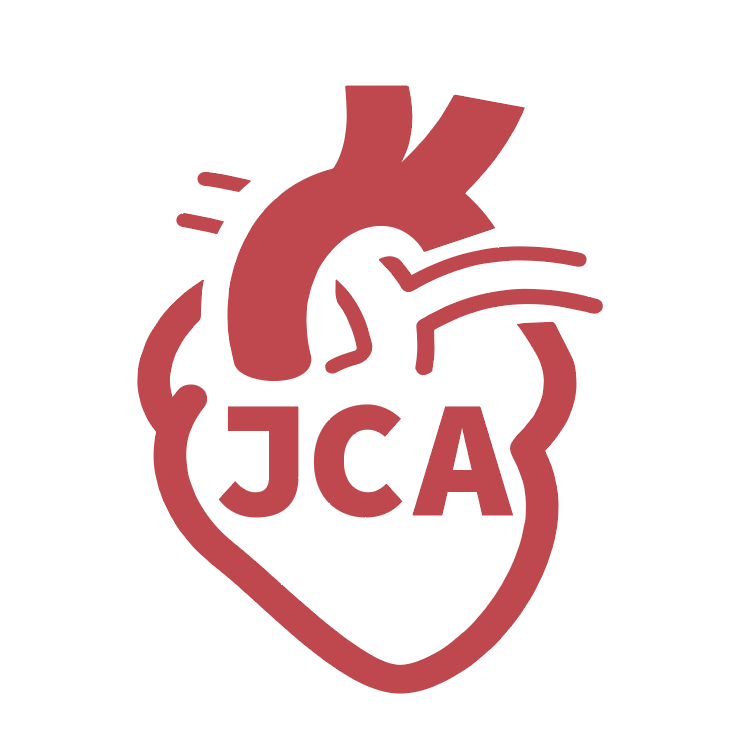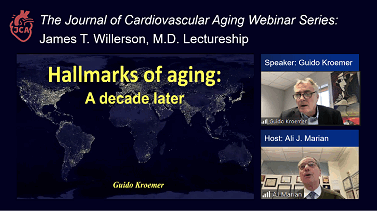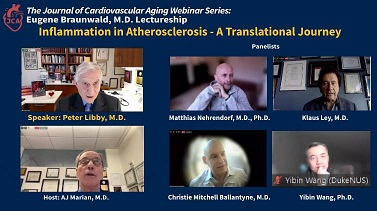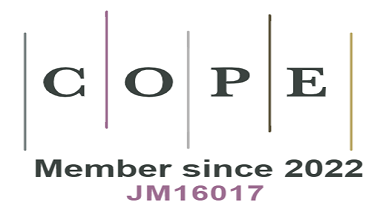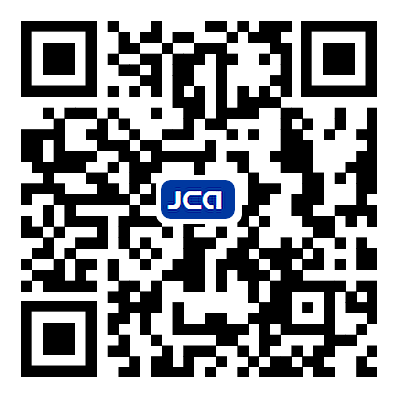Four Editorial Board Members of The Journal of Cardiovascular Aging Named to the List of Clarivate "Highly Cited Researchers 2022"
Clarivate Analytics revealed the list of "Highly Cited Researchers 2022" on November 15, 2022. Each year, Clarivate™ recognizes the world's most influential researchers - who have been most frequently cited by their peers over the last decade. Four renowned researchers who serve as the Associate Editor, Senior Advisory Editor, and Consulting Editor of The Journal of Cardiovascular Aging (JCA) are on the list.
The introductions of the four scholars are as follows:
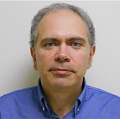
Nikolaos Frangogiannis
Highly Cited Researcher in the Cross-Field - 2022
Albert Einstein College of Medicine of Yeshiva University, USA
Prof. Nikolaos Frangogiannis, an Associate Editor of JCA, Professor at the Department of Medicine (Cardiology) and Department of Microbiology & Immunology, Albert Einstein College of Medicine of Yeshiva University, New York, USA and the Edmond J. Safra/ Republic National Bank of New York Chair in Cardiovascular Medicine. Prof. Frangogiannis' research explores the mechanisms of cardiac injury, repair and remodeling. His laboratory has identified key molecular signals responsible for orchestrating the healing response in myocardial infarction. His laboratory aims to dissect the cellular mechanisms and molecular signals involved in the pathogenesis of cardiac remodeling and to identify novel therapeutic targets for patients with heart failure.
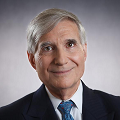
Peter A. Libby
Highly Cited Researcher in the field of Clinical Medicine - 2022
Brigham and Women's Hospital, Harvard Medical School, USA
Prof. Peter A. Libby, a Senior Advisory Editor of JCA, cardiovascular medicine specialist at Brigham and Women's Hospital and the Mallinckrodt Professor of Medicine at Harvard Medical School. His professional memberships include the Association of American Physicians, the American Society for Clinical Investigation, elected honorary memberships in the British Atherosclerosis Society, the Japan Circulation Society, and the Japanese College of Cardiology. He has served as the President of the Association of University Cardiologists. He also has served in many roles as a volunteer for the American Heart Association, including chairman of several research committees and member of the executive committees of the Councils on Arteriosclerosis, Circulation, and Basic Science. He presided the American College of Cardiology's Research Allocations Peer Review Committee for two terms. He directed the DW Reynolds Cardiovascular Clinical Research Center and two cycles of Leducq Foundation Awards, and has received continuous funding from the National Heart, Lung, and Blood Institute for several decades. He has received numerous awards and recognitions for his research accomplishments, including the Gold Medal of the European Society of Cardiology (2011) and the Basic Research Prize of the American Heart Association (2011). His clinical expertise and research interests include vascular biology, atherosclerosis, and preventive cardiology.
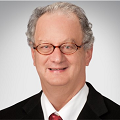
Toren Finkel
Highly Cited Researcher in the Cross-Field - 2022
University of Pittsburgh and University of Pittsburgh Medical Center, USA
Prof. Toren Finkel, a Consulting Editor of JCA, Director of the Aging Institute at UPMC and the University of Pittsburgh, Co-founder and chief scientific officer, Generian. Prof. Finkel is one of the world's most-cited researchers in aging. He joined Pitt and UPMC in 2017 after nearly 25 years at the NIH, where he most recently was the chief of the Center for Molecular Medicine at the National Heart, Lung, and Blood Institute. At Pitt, he's leading an unprecedented basic, translational and clinical research efforts are focused on the basic biology of aging, and how to use those insights to alter the trajectory of human aging. He also co-founded Generian, a new biotech company created by UPMC to treat diseases commonly associated with aging. For over twenty years, his research group has focused on a range of issues involved in mitochondrial function, cellular metabolism, oxidative stress, and aging. Due to the wide span of their biological interests, his lab has developed expertise in mitochondrial assays, cell and molecular biology approaches, and the generation of mouse models along with whole animal physiological measurements. Throughout the years, they have worked towards a long-term goal to uncover the molecular basis of mammalian aging and age-related diseases through the study of a variety of different cellular pathways including stem cell self-renewal, reactive oxygen species, sirtuins, autophagy, mTOR signaling and mitochondrial metabolism.

Guido Kroemer
Highly Cited Researcher in four fields: Clinical Medicine, Immunology, Molecular Biology and Genetics, Pharmacology and Toxicology - 2022
Universite de Paris, France
Prof. Guido Kroemer, a Consulting Editor of JCA, Professor at the Faculty of Medicine of the University of Paris Descartes, Director of the research team "Metabolism, Cancer and Immunity" of the French Medical Research Council (INSERM), Director of the Metabolomics and Cell Biology platforms of the Gustave Roussy Comprehensive Cancer Center, Deputy Director of the Cordeliers Research Center, and Hospital Practitioner at the Hôpital Européen George Pompidou, Paris, France. He is also a Foreign Adjunct Professor at the Karolinska Institute, Stockholm, Sweden. Prof. Kroemer is a member of the European Molecular Biology Organization (EMBO), German Academy of Sciences (Leopoldina), Austrian Academy of Sciences, Academia Europaea, European Academy of Sciences (EAS), European Academy of Sciences and Arts (EASA), European Academy of Cancer Sciences (EACS), and Institut Universitaire de France (IUF). His contributions have been recognized with numerous awards, including the Gallet & Breton Prize of the French Academy of Medicine (1999), the Carus Medal of the German Academy of Sciences (2007), the Lucien Dautrebande Prize of the Belgian Royal Academy of Medicine (2009), the Léopold Griffuel Prize of the French Association for Cancer Research (2012), the Mitjavile Prize of the French Academy of Medicine (2014), the Galien Prize for Pharmacological Research (2015), the Grand Prix Claude Bernard of the City of Paris (2016), the Brupbacher Prize for Cancer Research (2017), the ADPS Longevity Research Award (2018), the Baillet-Latour Health Prize (2018), and the international Lombardia è Ricerca Prize (2019) among others. He focuses on the research of mitochondria and cell death. He is named in four fields of the Clarivate "Highly Cited Researchers 2022" list.
Heartfelt congratulations to our Editorial Board members!
The full list of "Highly Cited Researchers 2022" can be found here.
Respectfully submitted by the Editorial Office of The Journal of Cardiovascular Aging
